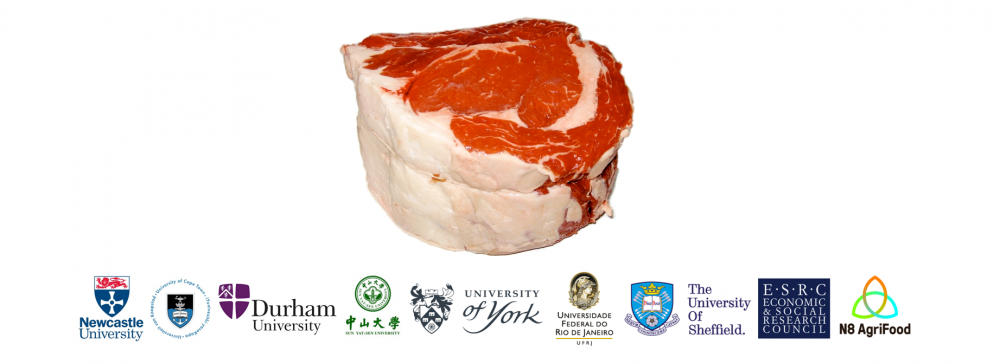by Longjie Wang
To help the team plan the case study fieldwork Longjie outlines middle class sustainable food consumption in China:
When it comes to the ‘sustainable food consumption’, they tend to show a high degree of anxiety about the food safety and environmental pollution, and they tend to utilize the ‘sustainable food consumption’ to protect their own interests and especially their next generation’s safety. This is extremely evident in the case of shopping overseas to procurement milk powder. With low-trust and nonconfidence in Chinese food safety, they tend to believe in the foods produced overseas, like Australia and New Zealand, because these areas are endorsed with a better natural and economic and moral environment in their mind. They feel helpless in guaranteeing the food safety in China, let alone change the food environment overall. That is why they can only place hopes on the food from abroad and they think they can acquire high-quality and safe food through shopping overseas only if they have enough money.
In the production side, there are several examples of elite-led alternative food networks, among which ‘the little donkey farm’ is the first community supported agriculture in China. Given that limited attention have been paid to food safety among the general people, the members of this kind of alternative food networks are mainly middle class or social elite. Taken ‘the little donkey farm’ as an example, the sponsor of this programme is a PhD graduated from China Agricultural University, and the main members are almost wholly middle class who are particular about the food they eat. Although the project is founded in 2008, simultaneously the first one in China, there are still low numbers of members participating in it because of the high cost of money and time. It seems that Chinese ordinary people are always too optimistic about what they eat, or they never recognize the potential risk associated with the food cultivated from an industrial farm.
The internet and online shopping mall provide the middle class more opportunities to get access to ‘safe food’ and ‘traditional food’ conveniently. Especially in recent years, the drastic development of mobile-payment in China has changed the business environment and ecology fundamentally. Take ‘Nature Land’(沃土工坊)as an example, which is established in 2006 in Guangzhou, it works to integrate different and many small agriculture producers together to provide organic foods for the middle class. Besides, the ‘Nature Land’ often promotes healthy lifestyles and diets for them, the middle class can learn traditional health concepts of ancient Chinese from this platform.
